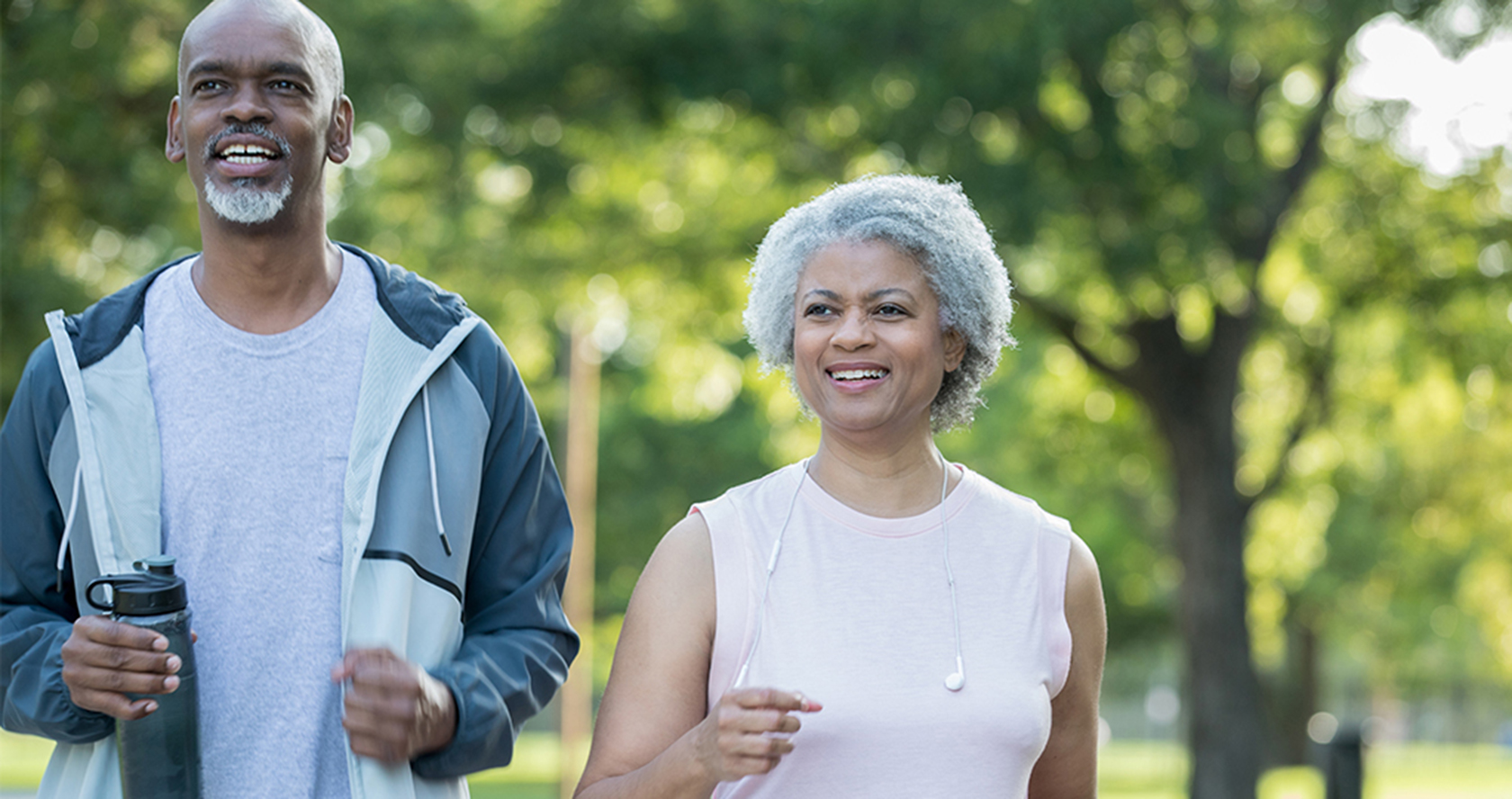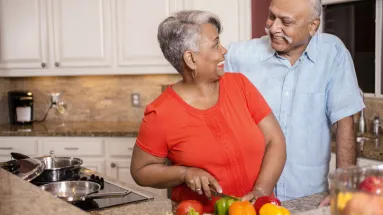Consider the small decisions that become a part of your overall lifestyle.


A free app designed to help manage life with cancer.
It's important to connect with friends and family, near and far. On LivingWith®,
you can build a circle of support.
Download LivingWith for free or
learn more about the app.
Latest articles
View By:Live well
View By:Making changes to your diet may reduce problems with digestion.







